Building Azerbaijani ties in oil, gas, and transport
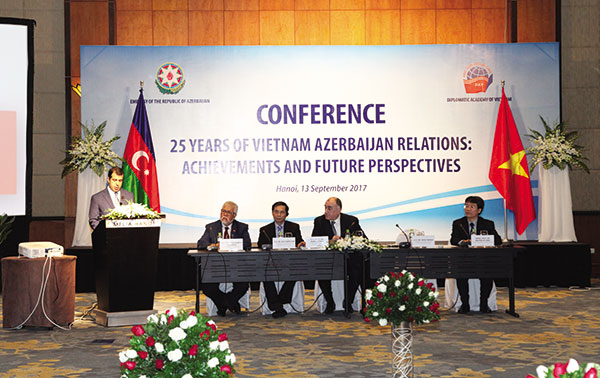 |
| Vietnam-Azerbaijan relations tighten with planned investments in the energy and transportation sectors |
Azerbaijani Foreign Minister Elmar Mammadyarov told Prime Minister Nguyen Xuan Phuc and leaders of the ministries of Foreign Affairs (MoFA) and Industry and Trade (MoIT) during his meetings with them last week in Hanoi that a number of Azerbaijani oil and gas businesses are searching for opportunities in the oil and gas sector in Vietnam.
Some want to co-operate with Vietnamese firms to exploit oil and gas in the offshore waters of both Vietnam and Azerbaijan, while others want to provide Vietnam with oil and gas equipment, Mammadyarov said.
Azerbaijan is known globally as a large oil and natural gas producer and exporter. Oil and gas extraction has an extensive history in Azerbaijan, and its capital city, Baku, was the birthplace of mechanised oil extraction and transportation.
Today, energy remains one of the main pillars of Azerbaijan’s economy, due to its huge oil and gas resources and its status as a reliable and committed exporter.
“I would like to especially note that Vietnam and Azerbaijan will put oil and gas co-operation as a key sector within the two countries’ bilateral co-operation framework in the future,” said MoFA Deputy Minister Bui Thanh Son at last week’s Hanoi-based conference on 25 years of Vietnam-Azerbaijan relations.
According to Dang Hoang Hai, director of MoIT’s Europe Market Department, Vietnam’s state-run oil and gas giant PetroVietnam has inked a strategic co-operation deal with the State Oil Company of Azerbaijan Republic – a wholly state-owned national oil and gas company headquartered in Baku.
“This deal will enable the two countries to boost their bilateral energy co-operation, and engage in exploring, exploiting, and providing oil and gas services in Azerbaijan and Vietnam’s continental shelf,” Hai said.
Tu Thanh Nghia, general director of Russia-Vietnam joint venture Vietsovpetro, said that the joint venture is willing to invite potential companies in Azerbaijan to participate in petroleum projects in Vietnam.
“We want to emphasise that Vietsovpetro is willing to co-operate, and is capable of utilising all of our experience, infrastructure, scientific potential, and technological advancement as well as our extensive relationships with other companies in the region,” Nghia said.
“Vietsovpetro is also willing to become a partner to participate in the joint projects between Vietnam and Azerbaijan in the fields of exploration, production of oil and gas, processing and transportation, and offshore field development,” he continued.
“Vietsovpetro will develop new potential projects in Vietnam and Azerbaijan in the oil and gas sector. We are also ready to be the ‘bridge’ for Azerbaijani companies to invest in the promising projects regarding new technology development and high-performance equipment in Southeast Asia.”
Vietsovpetro is a large corporation with a vertically integrated operation model – from exploration to the production and export of petroleum products and finally to consumers.
At present, many Vietnamese oil and gas experts have been trained in Azerbaijan.
In addition to the energy sector, Mammadyarov also said that Azerbaijan would like to intensify its transport co-operation with Vietnam.
He suggests that Vietnam should study the possibility of opening up a new sea route via the Persian Gulf, then connect with a railway line running through Iran to Azerbaijan. This would significantly help shorten the transport time compared to the existing sea route.
“Another important project is the Baku-Tbilisi-Kars railway, which will connect Asia to Europe. Vietnam can also use the railway, sending its goods to Europe. This could be one of the most accessible and fastest ways of delivering goods by rail through Asia to Europe and vice versa,” Mammadyarov said.
Prime Minister Nguyen Xuan Phuc said he will assign authorised Vietnamese agencies to seriously study Azerbaijan’s offer to use its transport and logistics capabilities to enter the European market.
According to Vietnam’s General Department of Customs, the two-way trade turnover between Vietnam and Azerbaijan hit only $104.44 million last year, with Vietnam earning $5.14 million exporting products to Azerbaijan, and spending $99.3 million on imports from that market.
However, in this year’s first six months, the two-way trade turnover reached $114.04 million, up 119.52 per cent year-on-year.
Vietnam fetched a meagre $737,000 from exporting to Azerbaijan – down 84 per cent year-on-year – and used $113.3 million to import products from that market.
What the stars mean:
★ Poor ★ ★ Promising ★★★ Good ★★★★ Very good ★★★★★ Exceptional
Latest News
More News
- Development highlights in Q1 through expert’s lenses (April 08, 2024 | 16:48)
- Vietnam logs 17.1 million business cyberthreats in 2023 (April 08, 2024 | 16:34)
- Vietnam now China's top ASEAN trading partner (April 08, 2024 | 16:26)
- Vietnamese businesses grapple with surging exchange rates (April 08, 2024 | 09:59)
- PM outlines 10 socioeconomic achievements in first quarter (April 04, 2024 | 08:00)
- Implementation strategy for new power development plan approved (April 03, 2024 | 15:14)
- Wood sector sees signs of recovery (April 02, 2024 | 06:56)
- Ba Ria-Vung Tau received major investment boost in Q1 (March 29, 2024 | 17:22)
- More chinese solar-tech manufacturers enter Vietnam (March 29, 2024 | 16:10)
- Canadian businesses focus on green energy and agriculture in Vietnam (March 29, 2024 | 10:04)



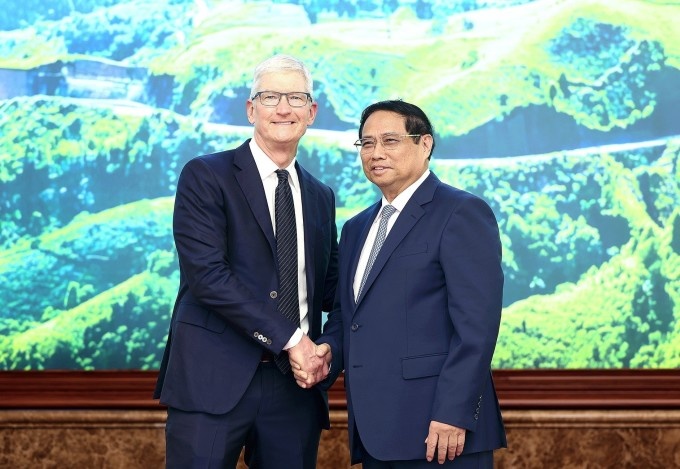


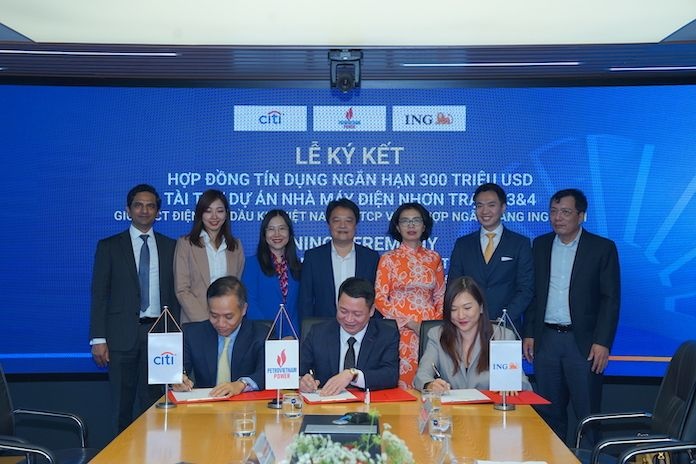

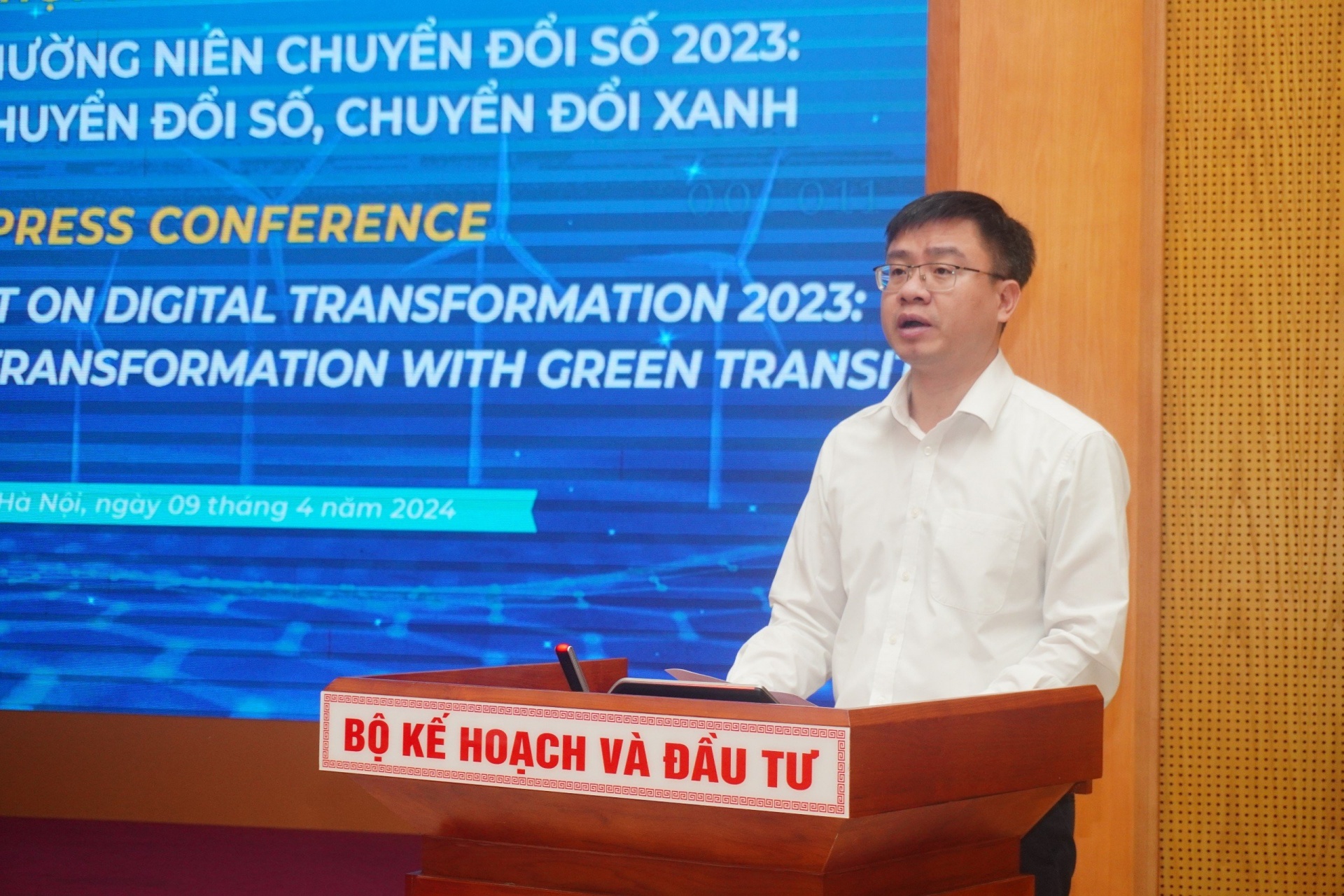




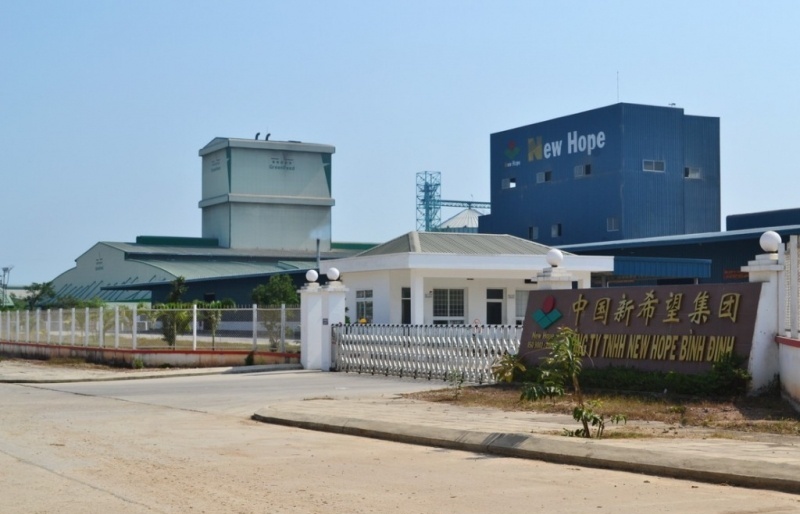




 Mobile Version
Mobile Version